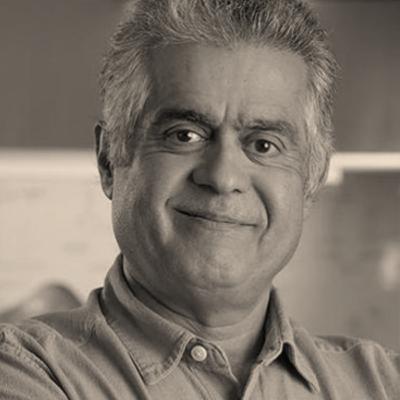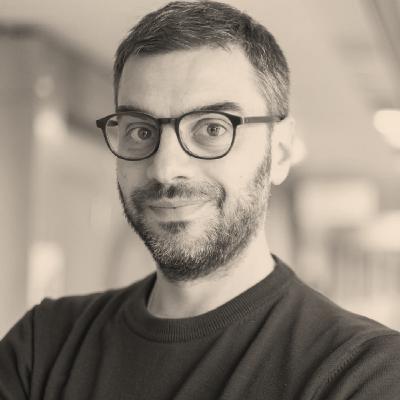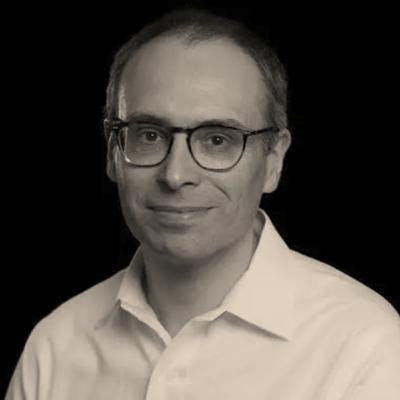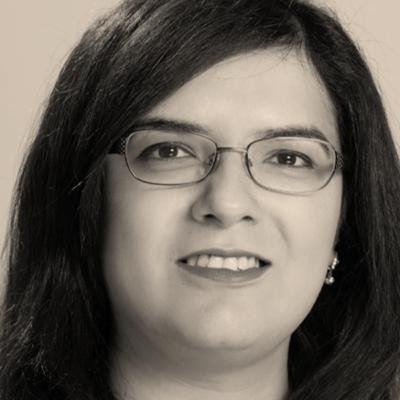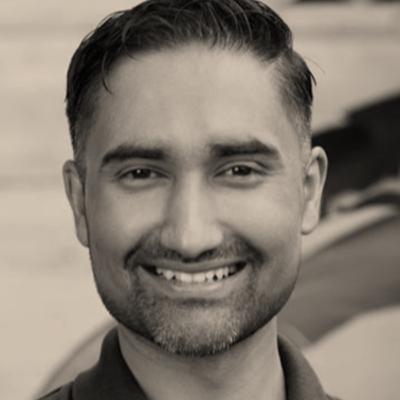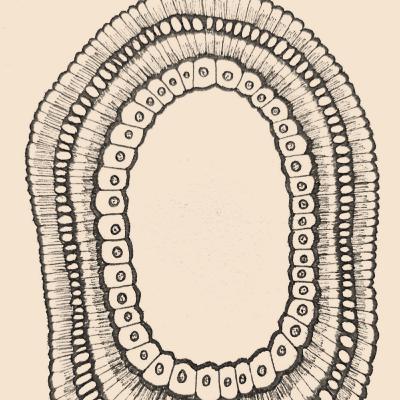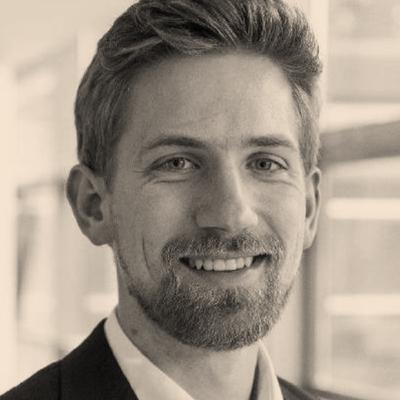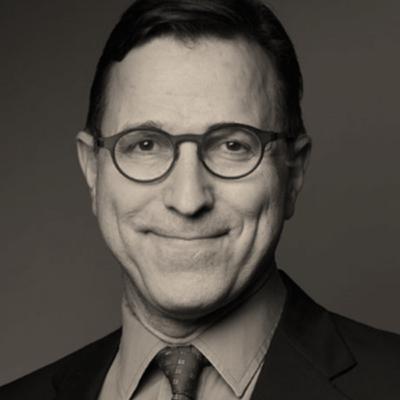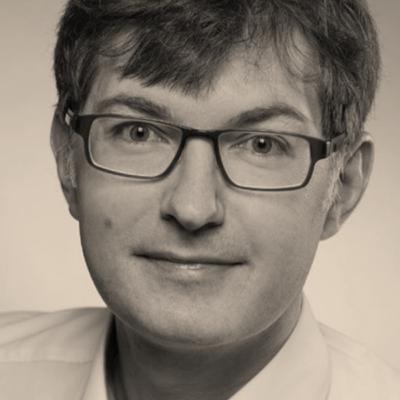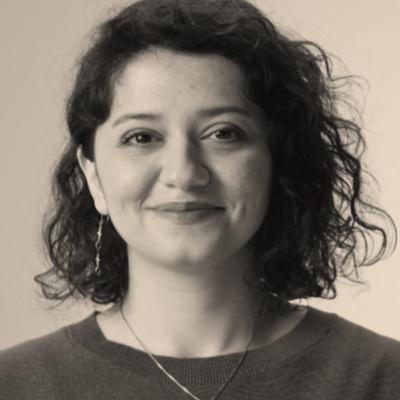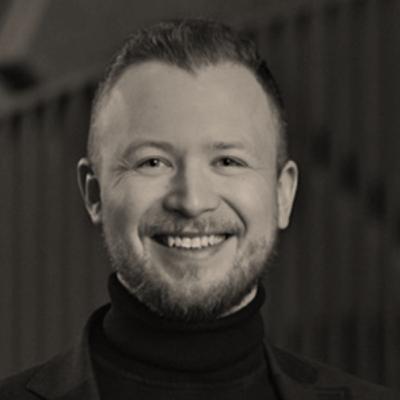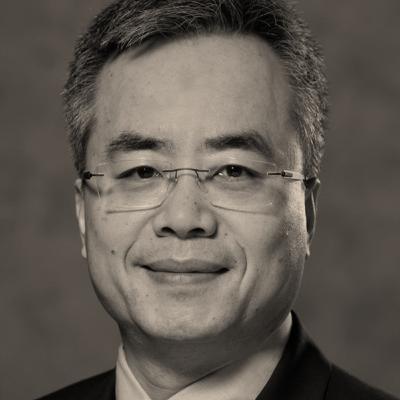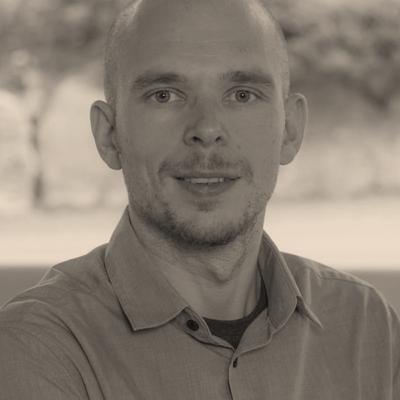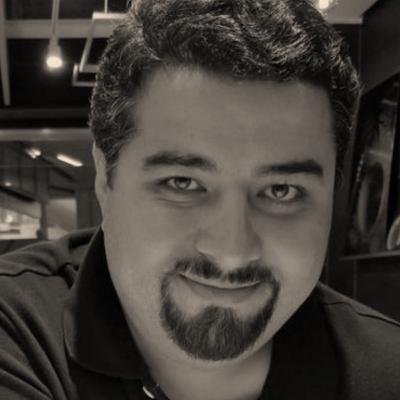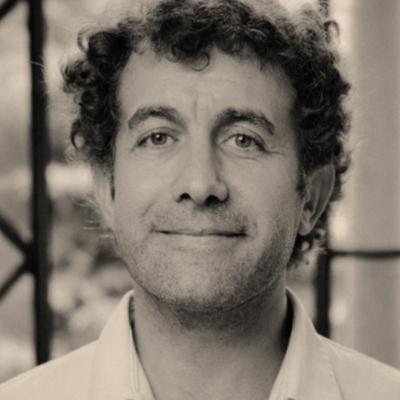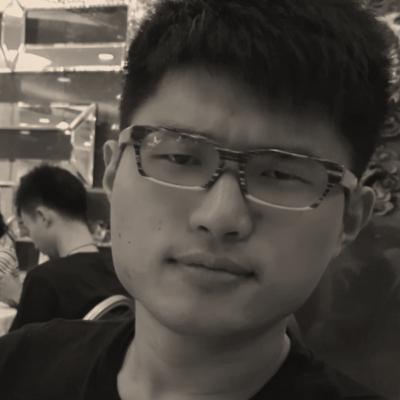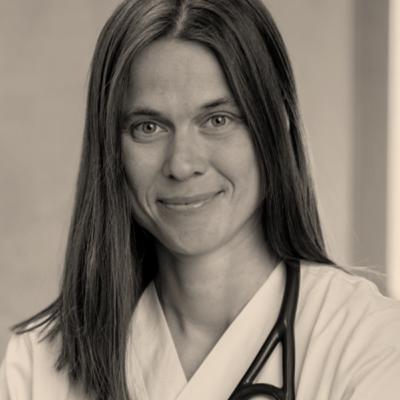Discover AI-ready Healthcare
AI-ready Healthcare

AI-ready Healthcare
Author: Anirban Mukhopadhyay, Henry Krumb
Subscribed: 30Played: 558Subscribe
Share
© Anirban Mukhopadhyay, Henry Krumb
Description
Deep meaningful discussions for Knowledge dissemination and constructive arguments, with a shared mission about making Healthcare AI-ready.
I invite stakeholders such as clinicians, AI experts, industry personnel and regulatory personnel to talk about the translational aspects of AI research into patient care. Often we converse with my co-host Henry Krumb.
I invite stakeholders such as clinicians, AI experts, industry personnel and regulatory personnel to talk about the translational aspects of AI research into patient care. Often we converse with my co-host Henry Krumb.
106 Episodes
Reverse
Nassir Navab is a professor of computer-aided medical procedures and augmented reality in TU Munich. His work involves developing technologies to improve the quality of medical intervention and bridges the gap between medicine and computer science.After studying mathematics and physics, computer engineering and systems control, Prof. Navab did his doctorate at INRIA / Paris XI. He then did two years of postdoctoral research at MIT Media Laboratory in Cambridge, USA. Prior to becoming a full professor at TUM in 2003, Prof. Navab was a distinguished member of the technical staff at Siemens Corporate Research (SCR) in Princeton, USA. In 2006, he became a board member of MICCAI, the organizer of the world’s leading conference on medical image computing and computer assisted intervention. He is on the editorial board of many international journals, including IEEE TMI, MedIA and Medical Physics. Prof. Navab has authored hundreds of scientific publications and has filed over 60 international patents.
Francesco Ciompi is an Associate Professor and Research Group Leader in AI for Precision Medicine at the Department of Pathology of Radboud University Medical Center in Nijmegen, the Netherlands. His main research focus is AI for precision medicine in the area of pathology, with applications to discovery and implementation of predictive and prognostic biomarkers in immuno oncology, and computer aided diagnosis for large-scale digital pathology and multi-modal data.
Miguel Angel Gonzalez Ballister is a professor at the Universitat Pompeu Fabra in Barcelona, where he founded the famous Barcelona Centre for New Medical Technologies, BCN Medtech. Miguel has more than 400 publications in peer-reviewed scientific journals and conferences, and has supervised 20+ PhD theses.
Sophia Bano is an associate professor in Robotics and Artificial Intelligence in the Department of Computer Science, University College London. Sophia is doing award winning research on medical robotics, and organizing IPCAI 25 and 26.
Bisesh Khanal is the director of NAAMII Nepal and founder of Abhinavnepal. Bisesh did his PhD in INRIA Sophia Antipolis and PostDoc in London. His dream is to bring world class AI research in Nepal.
Awesome NCANCA High Resolution Medical Image Segmentation Networks• MED-NCA: Bio-inspired medical image segmentation (Kalkhof et al.)https://www.sciencedirect.com/science/article/pii/S1361841525001483• Med-NCA: Robust and lightweight segmentation with neural cellular automata (Kalkhof et al.)https://arxiv.org/pdf/2302.03473• M3D-NCA: Robust 3D segmentation with built-in quality control (Kalkhof et al.)https://arxiv.org/pdf/2309.02954 NCA for Medical Image Registration• NCA-Morph: Medical image registration with neural cellular automata (Ranem et al.)https://arxiv.org/pdf/2410.22265 Efficient NCA Inference• OctreeNCA: Single-pass 184 MP segmentation on consumer hardware (Lemke et al.)https://arxiv.org/pdf/2508.06993• eNCApsulate: NCA for precision diagnosis on capsule endoscopes (Krumb et al.)https://arxiv.org/pdf/2504.21562 Edge & Federated Learning with NCA• Unsupervised training of neural cellular automata on edge devices (Kalkhof et al.)https://arxiv.org/pdf/2407.18114• Equitable federated learning with NCA (Lemke and Konstantin et al.)https://arxiv.org/pdf/2506.21735
Neural Cellular Automata Background• Growing Neural Cellular Automata (Mordvintsev et al.)https://distill.pub/2020/growing-ca/?ref=https://githubhelp.com NCA High Resolution Medical Image Segmentation Networks• MED-NCA: Bio-inspired medical image segmentation (Kalkhof et al.)https://www.sciencedirect.com/science/article/pii/S1361841525001483• Med-NCA: Robust and lightweight segmentation with neural cellular automata (Kalkhof et al.)https://arxiv.org/pdf/2302.03473• M3D-NCA: Robust 3D segmentation with built-in quality control (Kalkhof et al.)https://arxiv.org/pdf/2309.02954 NCA for Medical Image Registration• NCA-Morph: Medical image registration with neural cellular automata (Ranem et al.)https://arxiv.org/pdf/2410.22265 Efficient NCA Inference• OctreeNCA: Single-pass 184 MP segmentation on consumer hardware (Lemke et al.)https://arxiv.org/pdf/2508.06993• eNCApsulate: NCA for precision diagnosis on capsule endoscopes (Krumb et al.)https://arxiv.org/pdf/2504.21562 Edge & Federated Learning with NCA• Unsupervised training of neural cellular automata on edge devices (Kalkhof et al.)https://arxiv.org/pdf/2407.18114• Equitable federated learning with NCA (Lemke and Konstantin et al.)https://arxiv.org/pdf/2506.21735
Jakob Wasserthal, a researcher of Medical AI, located in the University Hospital Basel, Switzerland. Jakob is well-known for his TotalSegmentator.Web: https://totalsegmentator.com/GitHub: https://github.com/wasserth/TotalSegmentator
Paul Barach, an anesthesiologist and critical care physician-scientist as well as public health researcher from Thomas Jefferson University, USA. Paul is translating research into strategies for patient safety and health protection. He has more than 25 years of experience as a practicing physician and physician executive in the military and in academic medical centers. Paul has written the following books 1. Surgical Patient Care2. Human Factors in SurgeryJbara Innovation
Jens Kleesiek is a Professor of Translational Image-guided Oncology in the university hospital Essen. The Focus of Jens’s research is on applying self-supervised and weakly supervised learning paradigms to recognize clinically relevant patterns in large and complex data and the integration of multimodal data sources to enhance the decision-making process at the point of care.
Ghazal Ghazei, a research scientist in Karl Zeiss GmbH. She is focusing on medical AI for eye diagnostics and surgery applications.
Aleksei Tiulpin is an Assistant Professor at the University of Oulu, Finnland and soon to be a professor in Cornell, USA. Aleksei focuses on Intelligent Medical Systems, and develops new machine learning methods for medical applications.
Pingkun Yan is a full professor at the Department of Biomedical Engineering at Rensselaer Polytechnic Institute (RPI), USA. Before joining RPI, he was a Senior Scientist of Philips Research working at the clinical site at the National Institutes of Health (NIH). His research focuses on translational medical imaging informatics and image-guided intervention.
Marco Lorenzi is a research scientist in the EPIONE team of Inria Sophia Antipolis and Université Côte d’Azur, France. Marco's research is on the study of statistical learning methods to model heterogeneous data in biomedical applications. His group has developed the FedBioMed framework.
Ehsan Adeli is an Assistant Professor from Stanford University, directing the Stanford Translational AI (STAI) in Medicine and Mental Health Lab. Ehsan is also a Co-Director of Stanford AGILE Consortium.Developing ICU Clinical Behavioral Atlas Using Ambient Intelligence and Computer VisionLatent Drifting in Diffusion Models for Counterfactual Medical Image Synthesis
Often as professional scientists who publish for a living, we have to face the question of novelty. As the questions we ask are often living in the liminal space of technology, clinical practice and social norms, it's not an easy task to determine what really novelty is. Yet if you take the comments of reviewers seriously as an early career researcher, you might get an imposter syndrome that everyone but you clearly understands what novelty is. We will have a deep discussion about how we can contextualize novelty within AI-READY Healthcare.
Veronika Cheplygina is a professor in the IT university of Copenhagen. She is focusing on making medical AI more open & inclusive. Veronika also does a series of interviews with researchers called "How I Fail".Copycats: the many lives of a publicly available medical imaging dataset
Karim Lekadir is an ICREA Research Professor in the Department of Mathematics and Computer Science at the University of Barcelona. He investigates new data science techniques for trustworthy and ethical artificial intelligence in medicine. He has been PI of many EU-funded projects, and was awarded an ERC Consolidator grant to investigate new AI techniques for resource-limited settings. Karim was the General Chair for the MICCAI 2024, that happened in Morocco.FUTURE-AI: international consensus guideline for trustworthy and deployable artificial intelligence in healthcare
Zhongliang Jiang is leading the Robotics and Ultrasound Team at TU Munich, Germany. His research spans over medical robotics, robot learning, control and robotic ultrasound. Zhongliang's YouTube channel
Linda Johnson is an associate professor on cardiovascular research at the Lund university, Sweden.Artificial intelligence for direct-to-physician reporting of ambulatory electrocardiography


